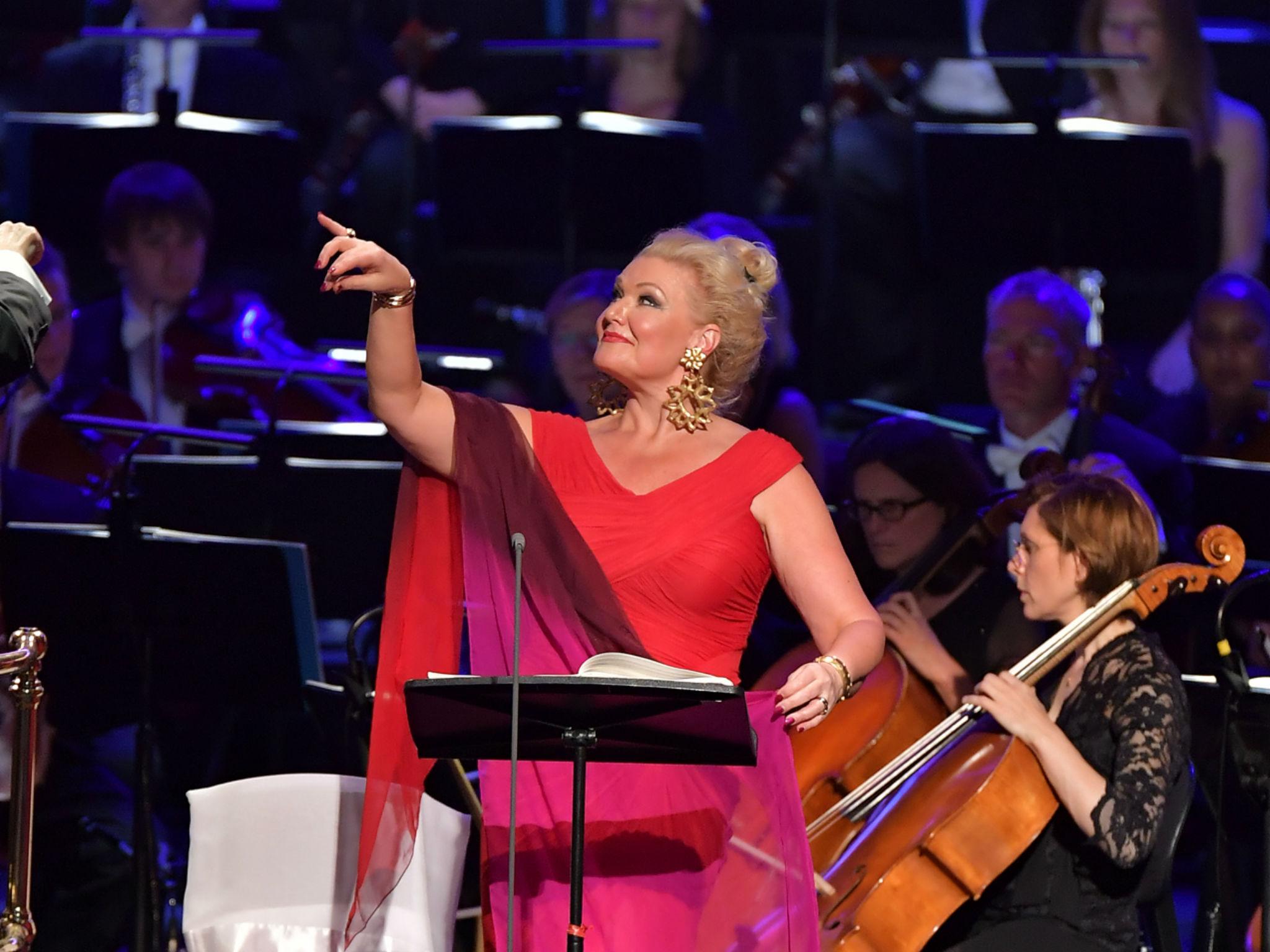Prom 45: The Makropulos Affair Mattila/ BBC SO/Bělohlávek, Royal Albert Hall, review: ‘Karita Mattila triumphed again’
‘The Makropulos Affair’ is the last of Janáček’s trilogy of operas exploring different aspects of womanhood

Your support helps us to tell the story
From reproductive rights to climate change to Big Tech, The Independent is on the ground when the story is developing. Whether it's investigating the financials of Elon Musk's pro-Trump PAC or producing our latest documentary, 'The A Word', which shines a light on the American women fighting for reproductive rights, we know how important it is to parse out the facts from the messaging.
At such a critical moment in US history, we need reporters on the ground. Your donation allows us to keep sending journalists to speak to both sides of the story.
The Independent is trusted by Americans across the entire political spectrum. And unlike many other quality news outlets, we choose not to lock Americans out of our reporting and analysis with paywalls. We believe quality journalism should be available to everyone, paid for by those who can afford it.
Your support makes all the difference.Finnish Karita Mattila, reigning queen of Janáček dramatic sopranos, triumphed again last night, this time as Emilia Marty, the mysterious, compelling, cold-hearted 337-year-old protagonist at the heart of The Makropulos Affair, the last of Janáček’s trilogy of operas exploring different aspects of womanhood.
Again surrounded by Czech singers as she was for her stunning Kostelnička in Jenůfa in April, and paired again with Czech conductor Jiří Bělohlávek, with whom she scored a notable success in this at the Met, Mattila resplendent in red was by turns imperious, scornful, dismissive, flirtatious, vulnerable and ultimately despairing: the very embodiment of one who has seen it all before, burdened with the awful realisation that a life without limit is vitiated of meaning. It was a masterclass of vocal characterisation, turning on a sixpence.
Strong performances, too, from the surrounding men in thrall to her, notably Svatopluk Sem as the cynical Prus, a fine high tenor from Aleš Briscein as Gegor, and a lovely comic turn from Jan Ježek, her semi-senile admirer Hauk-Šendorf. Bělohlávek with the BBC Symphony Orchestra brilliantly negotiated the complex score in all its Janáčekian lyricism, wide-lying textures and organically developing motifs.
But a heartfelt plea to the BBC – trying to follow a fast-moving, very wordy libretto in an unfamiliar language in near darkness, while constantly switching focus between the page and stage, inevitably detracts from the immersive experience. Surtitles please.
Join our commenting forum
Join thought-provoking conversations, follow other Independent readers and see their replies
Comments